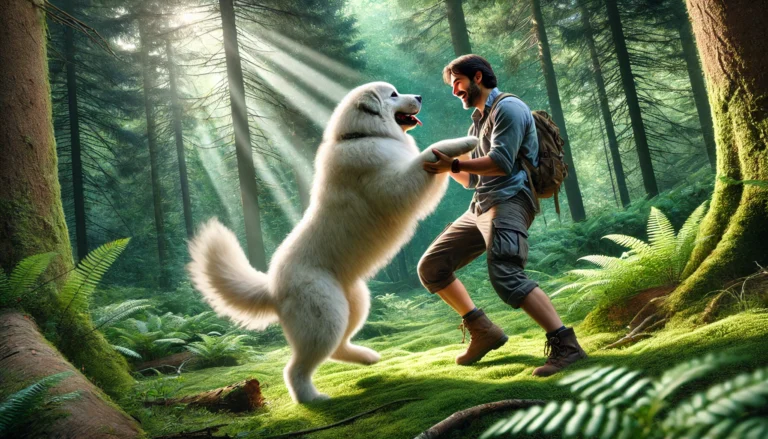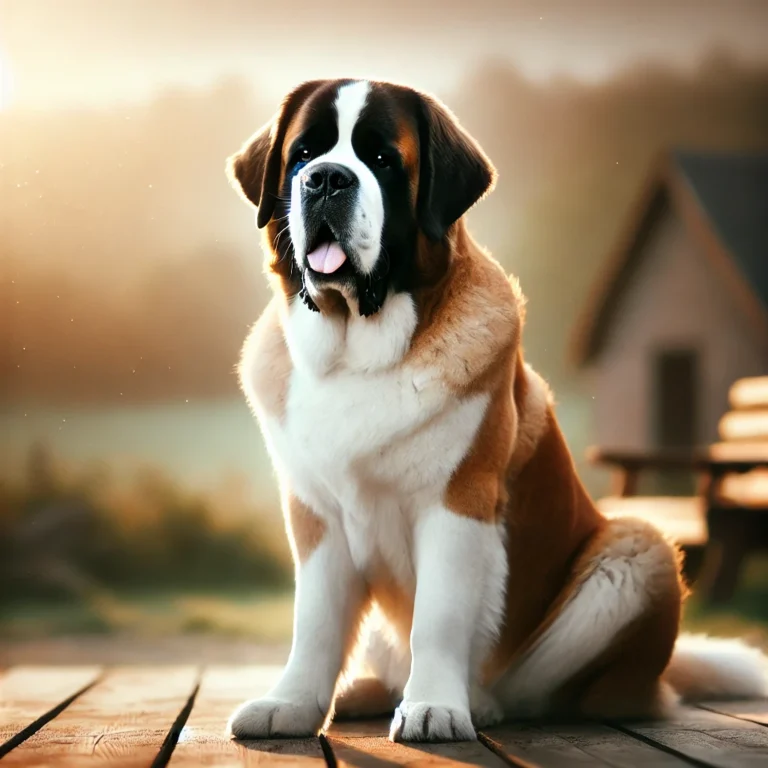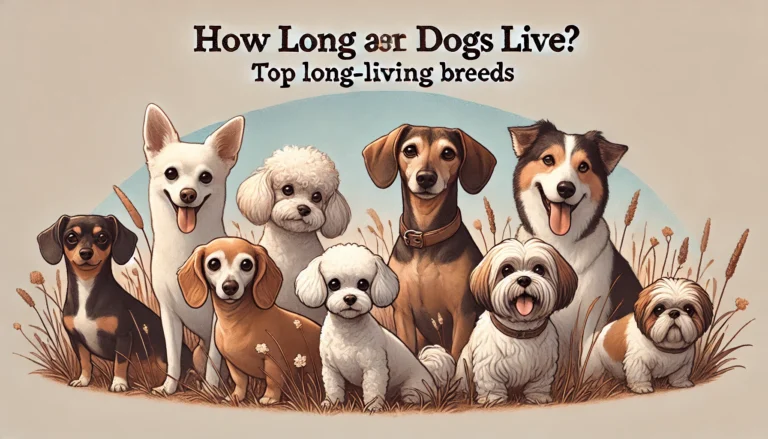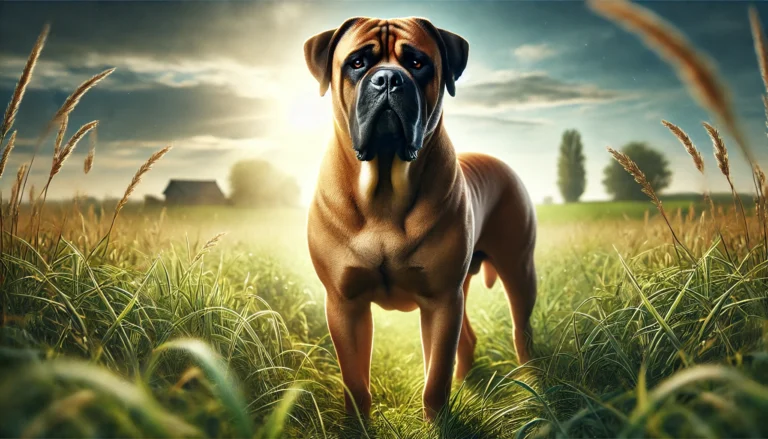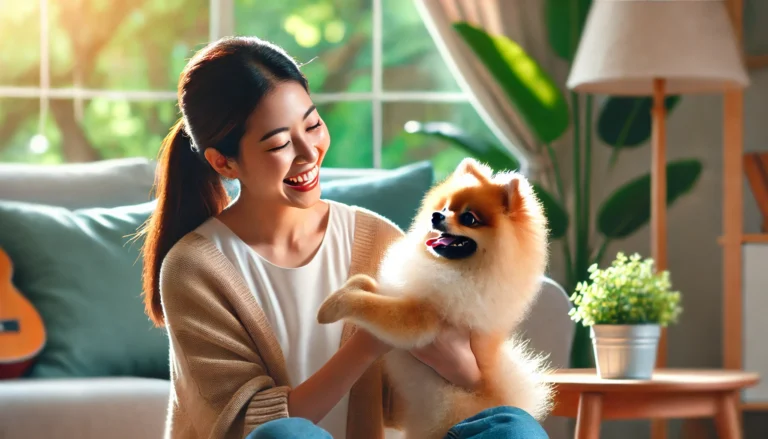Comprehensive Guide to the Cane Corso: Health and Care
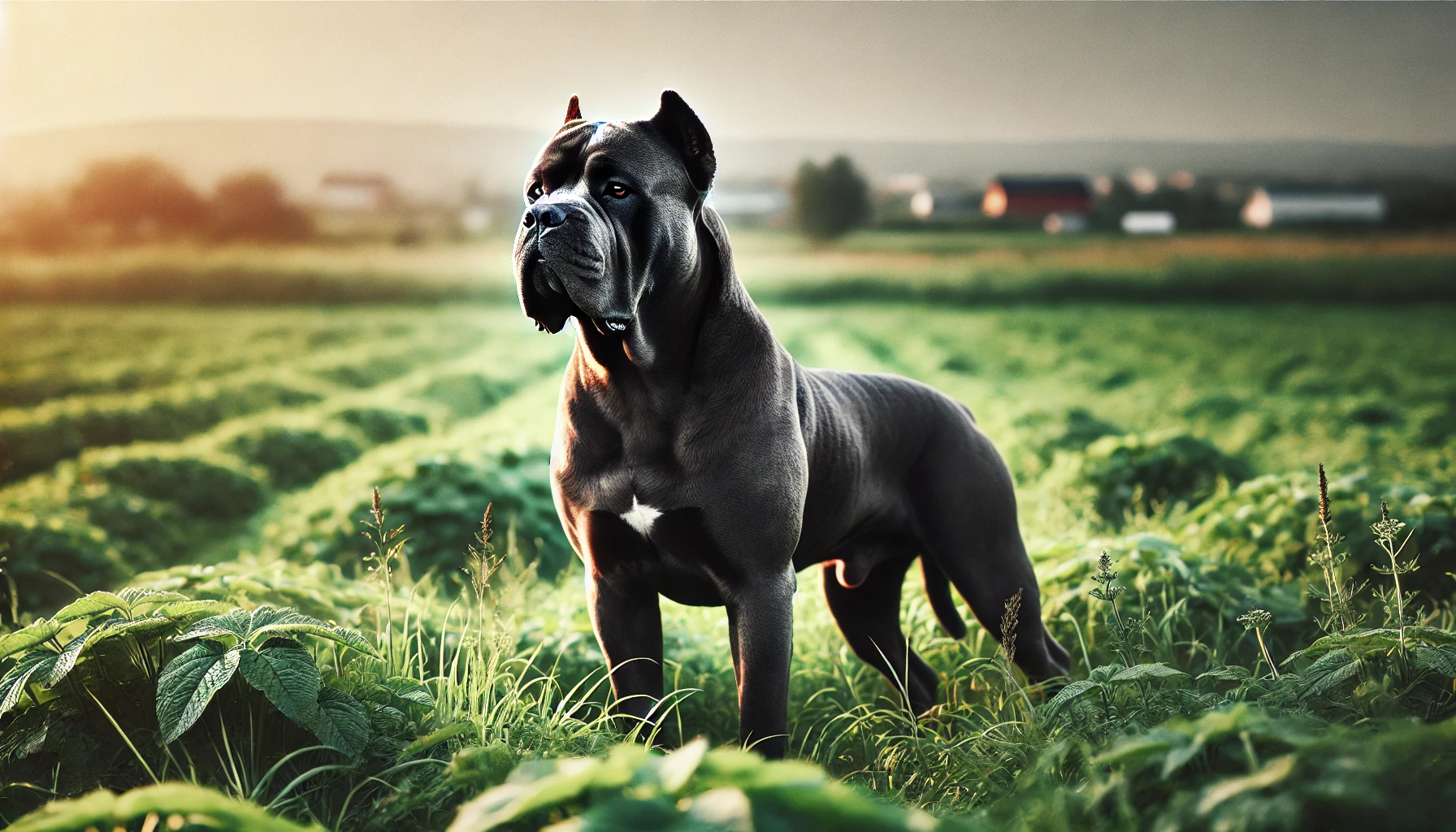
The Cane Corso, also known as the Italian Mastiff, is a breed of grand stature and noble characteristics. Known for its imposing presence and protective instincts, the Cane Corso is a committed guardian of property and family. This article provides an in-depth look at the health, care, and various considerations associated with owning a Cane Corso.
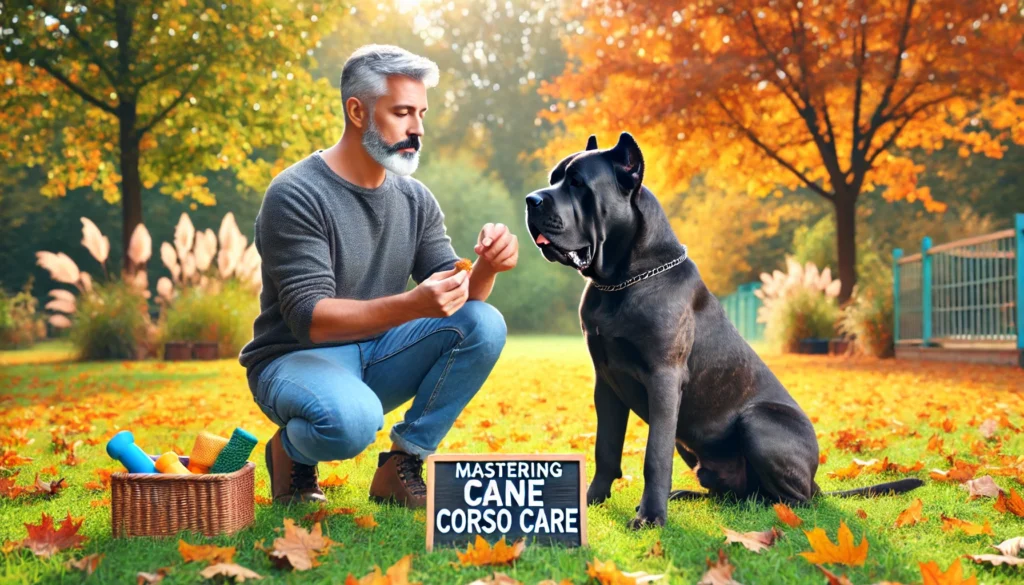
Overview of the Cane Corso
Originating from Italy, the Cane Corso is a part of the mastiff family, with deep historical roots dating back to Roman times. This breed is characterized by its robust build, intelligent expression, and versatile capabilities. Commonly referred to as the “king of corsos,” it stands as a pinnacle of canine majesty and strength.
Health Profile of the Cane Corso
While Cane Corsos are generally robust and healthy, their large size predisposes them to certain health issues:
- Hip Dysplasia: This is a common condition in larger breeds like the Cane Corso and involves the malformation of the hip joint, leading to arthritis.
- Elbow Dysplasia: Similar to hip dysplasia, this affects the elbow joints and can significantly impair mobility.
- Gastric Torsion (Bloat): Potentially fatal, this condition involves the stomach swelling with gas and sometimes twisting.
- Cherry Eye: A condition where the gland under the third eyelid prolapses and becomes visible.
- Demodectic Mange: Caused by mites, this skin condition can be a concern, particularly in immunocompromised dogs.
Did You know?
An interesting fact about pumpkin for dogs is that pumpkin seeds contain cucurbitin, an amino acid that helps expel parasites from the digestive tract, acting as a natural dewormer.
Care and Management
Exercise and Training: The Cane Corso is an active breed that requires regular physical activity to maintain its health and prevent obesity. Adequate training is crucial from a young age to ensure they are well-adjusted, obedient, and easy to manage. Socialization is also essential to temper their protective nature.
Diet: Feeding a Cane Corso involves providing a balanced diet tailored to large breeds. High-quality dog food that caters to the nutritional needs of large breeds like the Cane Corso, often referred to as “corso dog food,” should be considered.
Grooming: Despite their short coat, Cane Corsos require regular grooming to maintain skin health and manage shedding. They do not shed excessively, but regular brushing will help manage the hair they do lose.
Specific Needs of Cane Corsos
Living Arrangements: Given their size, a spacious living environment is ideal for a Cane Corso. They are well-suited to homes with large, secure yards where they can roam and play.
Health Monitoring: Regular veterinary check-ups are vital to monitor their health, particularly for joint health and the early detection of conditions prevalent in the breed.
Life Expectancy: The life span of a Cane Corso is typically between 9 to 12 years. Maintaining a healthy lifestyle and regular veterinary care can help maximize their life expectancy.
Conclusion
The Cane Corso is a magnificent breed that thrives with proper care and responsible ownership. As with any large breed, prospective owners should be prepared for the commitment required to maintain their health and happiness. This breed’s loyalty and protective instincts make it an excellent addition to the right family, especially one that can cater to the physical and emotional needs of this noble giant.
Are King Corso good family dogs?
Yes, Cane Corsos can be good family dogs if they are well-trained and socialized from a young age. They are protective and loyal to their families.
Is a King Corso a pitbull?
No, a King Corso (Cane Corso) is not a pitbull. They are part of the mastiff family and are larger and structurally different from pitbulls.
Is a King Corso stronger than a Lion?
No, a King Corso is not stronger than a lion. Lions are large, powerful predators, while Cane Corsos are domestic dogs.
How strong is a King Corso bite?
A King Corso’s bite force is strong, estimated to be around 700 pounds per square inch (PSI), making it one of the stronger bites among domestic dogs.
Is a King Corso an aggressive dog?
Cane Corsos can be assertive and protective, which might seem aggressive. With proper training and socialization, they can be well-mannered.
What is the most aggressive dog?
Breeds often labeled as aggressive include Pitbulls, Rottweilers, and Chihuahuas, based on reported incidents and temperament studies, but aggression can be highly individual.
What is the strongest dog?
In terms of bite strength, breeds like the Kangal, Mastiffs, and Rottweilers are considered among the strongest.
Which dog has the most attacks?
Statistically, Pitbulls and mixed breeds are reported to have the most attacks, but this data can be influenced by population numbers and reporting practices.
Which dog is naturally aggressive?
No dog is naturally aggressive; behavior is influenced by upbringing, training, and treatment. However, some breeds are more prone to dominant behavior, often misconstrued as aggression.
What is the number one deadliest dog?
There’s no definitive answer, as dog-related fatalities can involve many breeds. Historically, Pitbulls and Rottweilers are involved in a higher number of fatal attacks, but this doesn’t mean they are naturally deadlier.

